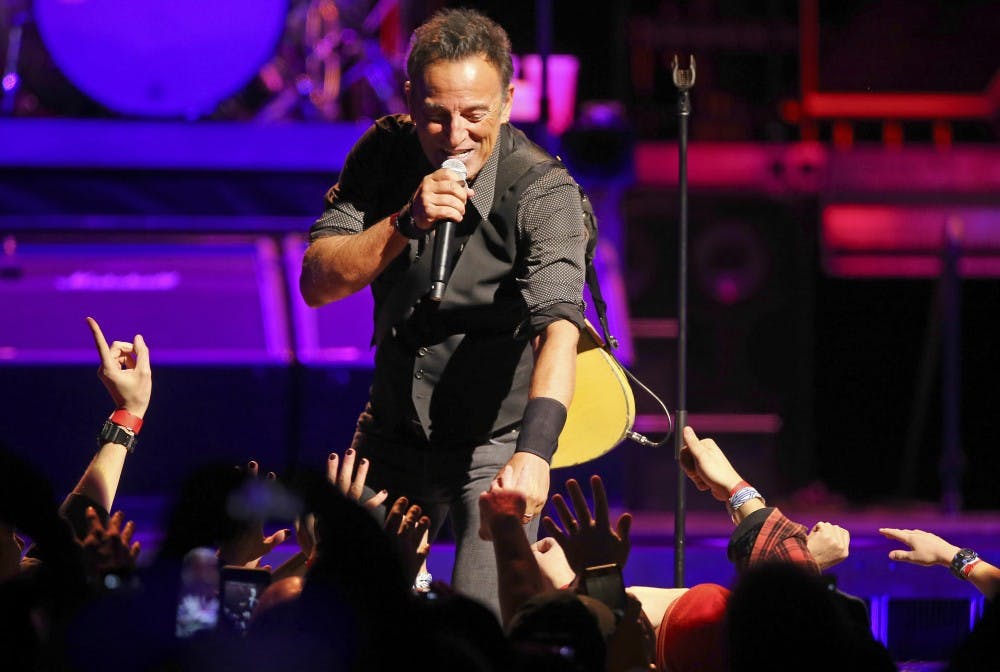Last month, North Carolina legislators tried to score some cheap political points by passing a disingenuous, discriminatory law that sought to solve a problem that didn't exist — sexual predators using pro-LGBT protections as a way to get into the opposite gender's restrooms.
Understandably, this led to a considerable amount of backlash. Perhaps most notably, some of the world's most popular performers, including Bruce Springsteen, Ringo Starr and Bryan Adams, have decided to cancel their North Carolina shows.
While I understand these individuals' motivations for boycotting the state of North Carolina, I don't think they're offering the correct solution to the problem at hand. To me, it feels like they're punishing the general public for the actions of the government. I don't think that's the right thing to do. If not on principle, then for a personal reason.
Bruce Springsteen & the E Street Band’s April 10th show is canceled. Tickets will be refunded at point of purchase. https://t.co/YahXTKffvV
— Bruce Springsteen (@springsteen) April 8, 2016
My little sister is a massive Bruce Springsteen fan. She went to his concert at Talking Stick Resort Arena in Phoenix on March 10. Had she been living in North Carolina instead of Arizona, she wouldn't have gotten to go, even though she isn't even old enough to vote. That would have devastated her.
Another reason why I'm skeptical of boycotts like this is that I don't even think they are effective at creating meaningful change. This isn't the first time a protest like this one has happened, so we can look at past results as a possible indicator of future outcomes. In 2010, there was a movement called the Sound Strike in which a litany of artists, including Kanye West, boycotted Arizona in protest of State Bill 1070. While the exact impact of the protest isn't entirely clear, the law is still on the books, and the Sound Strike movement has slowly faded away.
In to an episode of "Freakonomics Radio" called "Do Boycotts Work?" author Stephen Dubner reaches the loose conclusion that, "the typical boycott is more smoke than fire."
Fortunately, not every entertainer approaches controversy by boycotting. Laura Jane Grace, the transgender singer of the punk-rock band Against Me!, has announced that, rather than canceling her upcoming concert, she is going to refocus the event around protesting the "bathroom bill."
hey yo, not many people have contacted us about this, but for the few who have: we're not canceling our North Carolina show.
— Joseph Fink (@PlanetofFinks) April 13, 2016
Similarly, stand-up comedian Louis C.K. donated all of the proceeds from the show he did yesterday in Asheville, North Carolina to the LGBT advocacy group Equality NC.
Ultimately, while I'm sure boycotters' hearts are in the right place, I believe the result of their decision will be a net negative.
Reach the columnist at cmfitzpa@asu.edu or follow @CodyFitzStories on Twitter.
Editor’s note: The opinions presented in this column are the author’s and do not imply any endorsement from The State Press or its editors.
Want to join the conversation? Send an email to opiniondesk.statepress@gmail.com. Keep letters under 300 words and be sure to include your university affiliation. Anonymity will not be granted.
Like The State Press on Facebook and follow @statepress on Twitter.




